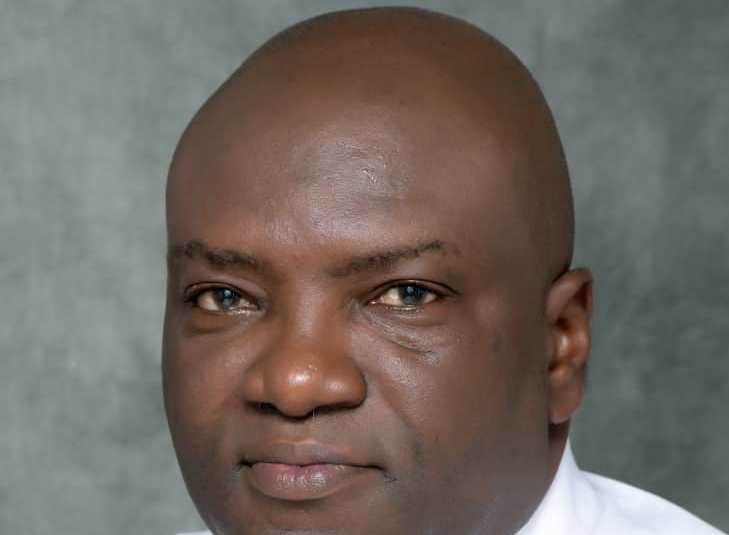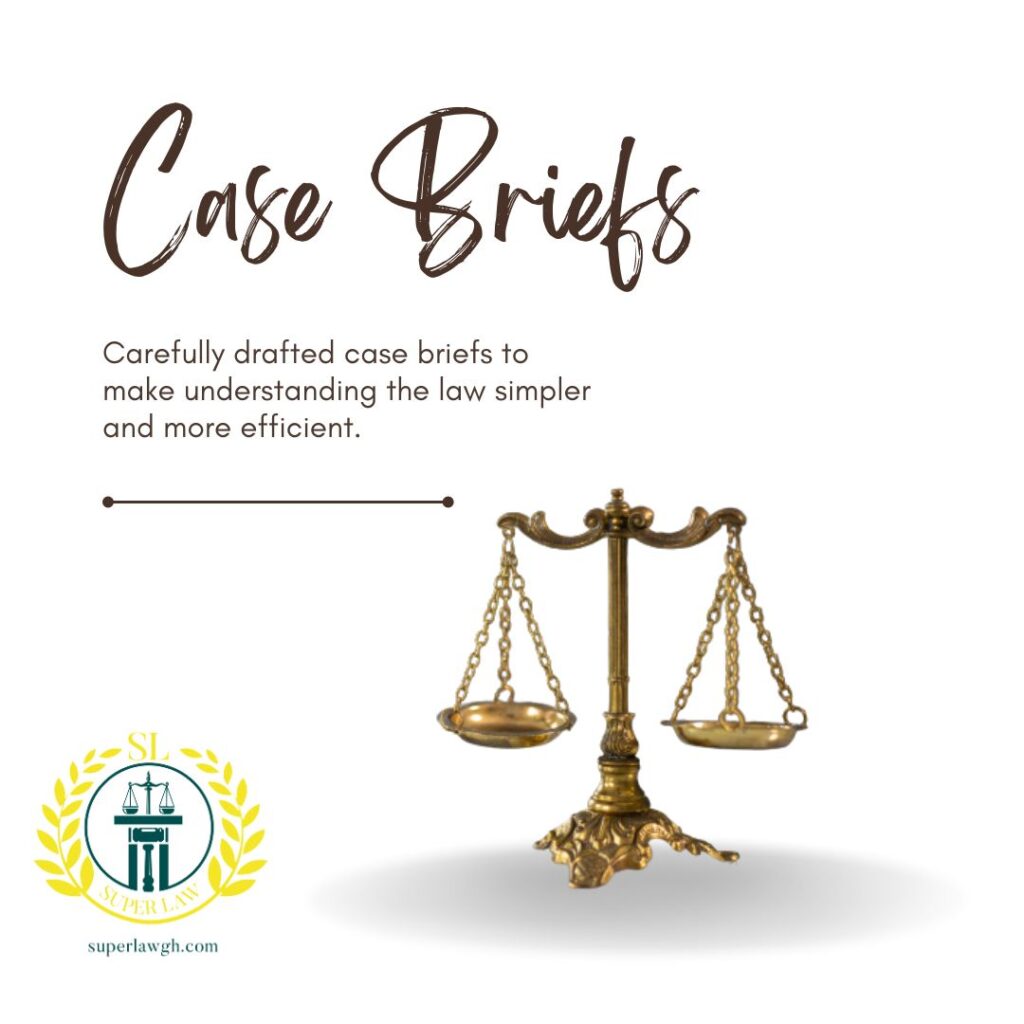Judgement Day: Supreme Court to Explain MP vacancy provisions today
The Supreme Court will today deliver a judgment on the true and proper interpretation of Article 97(1) (g) and (h), the constitutional provision that the Speaker of Parliament relied upon to declare four seats in Parliament vacant. The provisions read as follows: A member of Parliament shall vacate his seat in Parliament—(g) if he leaves […]
Judgement Day: Supreme Court to Explain MP vacancy provisions today Read More »



